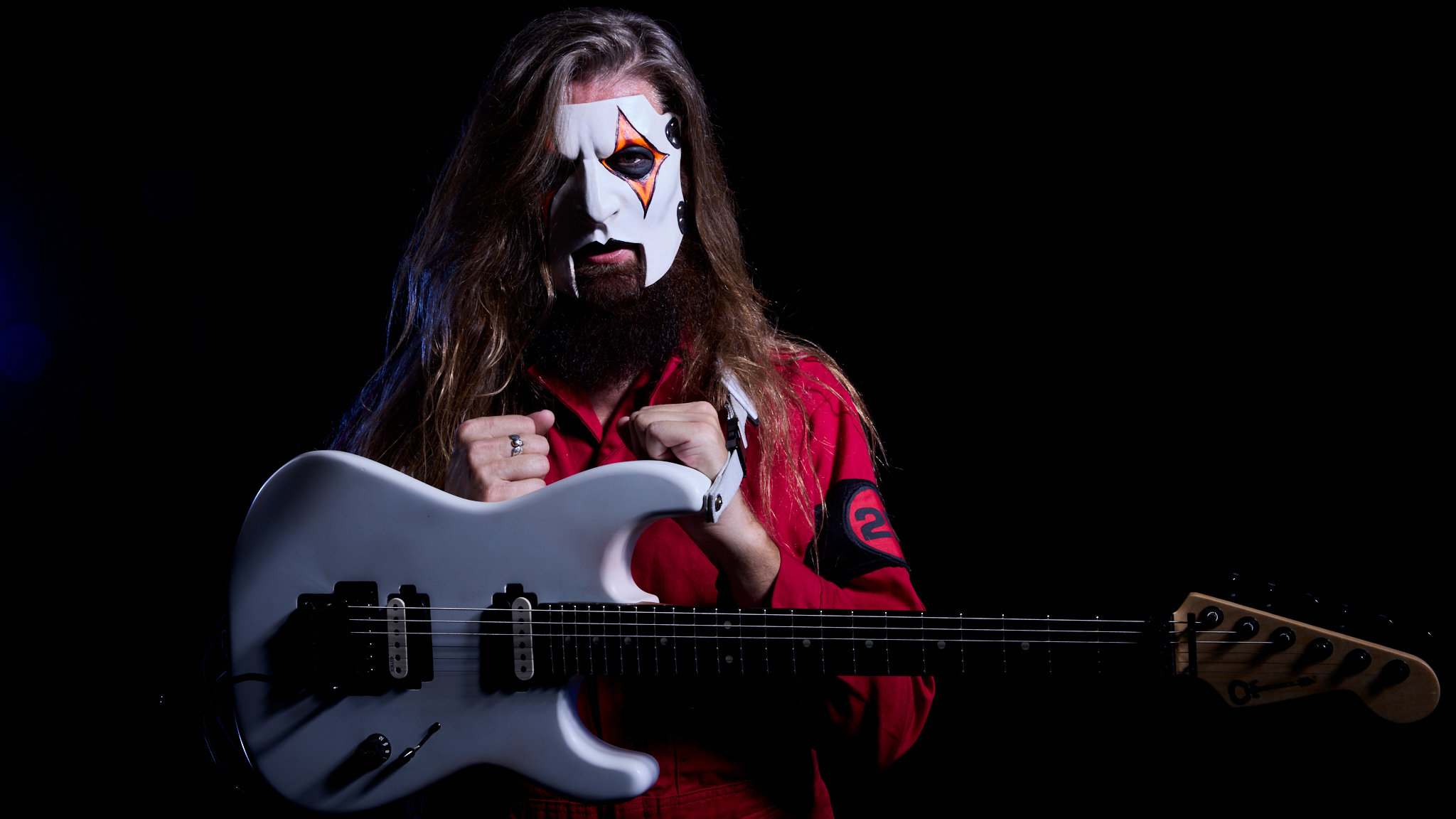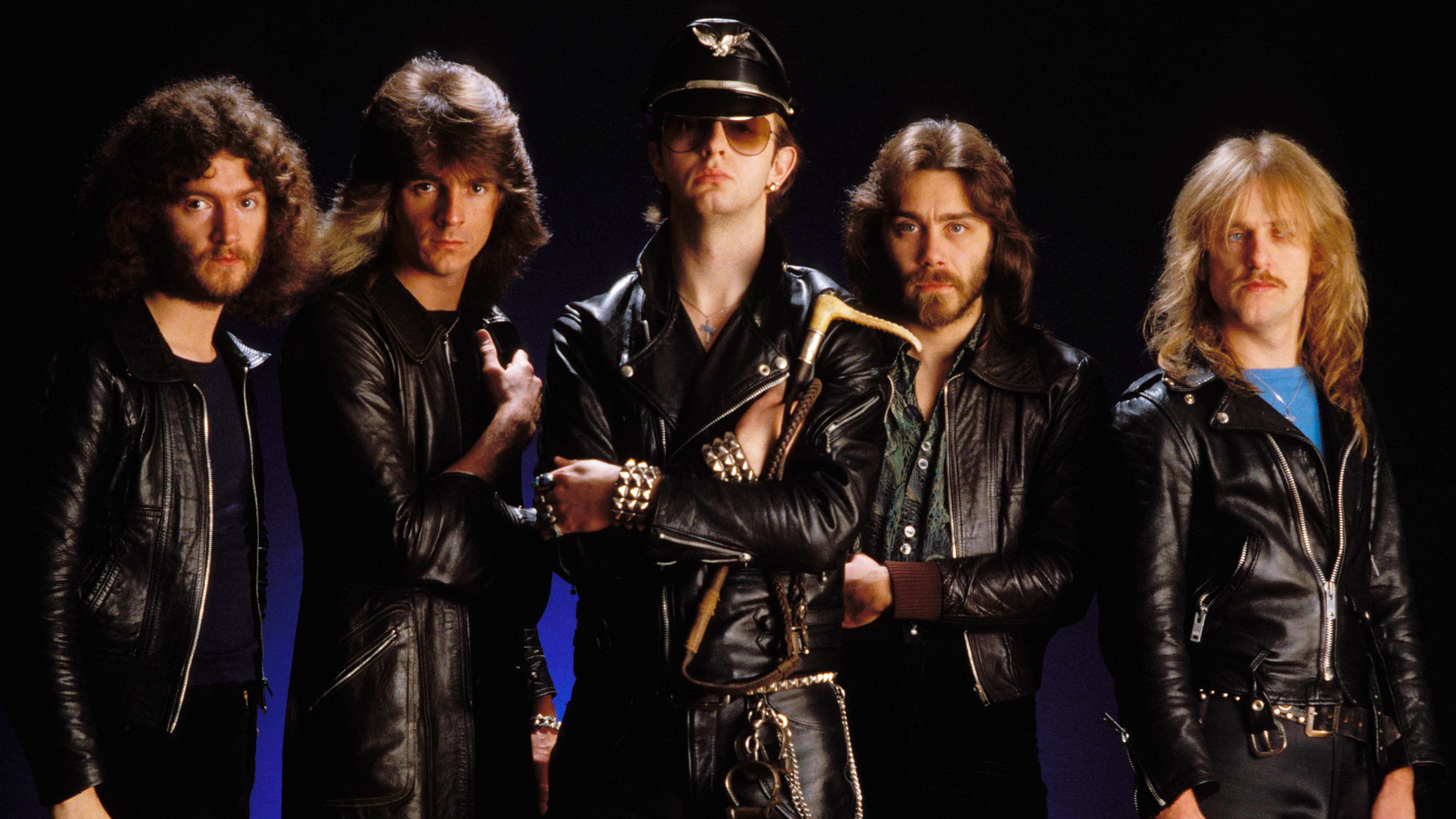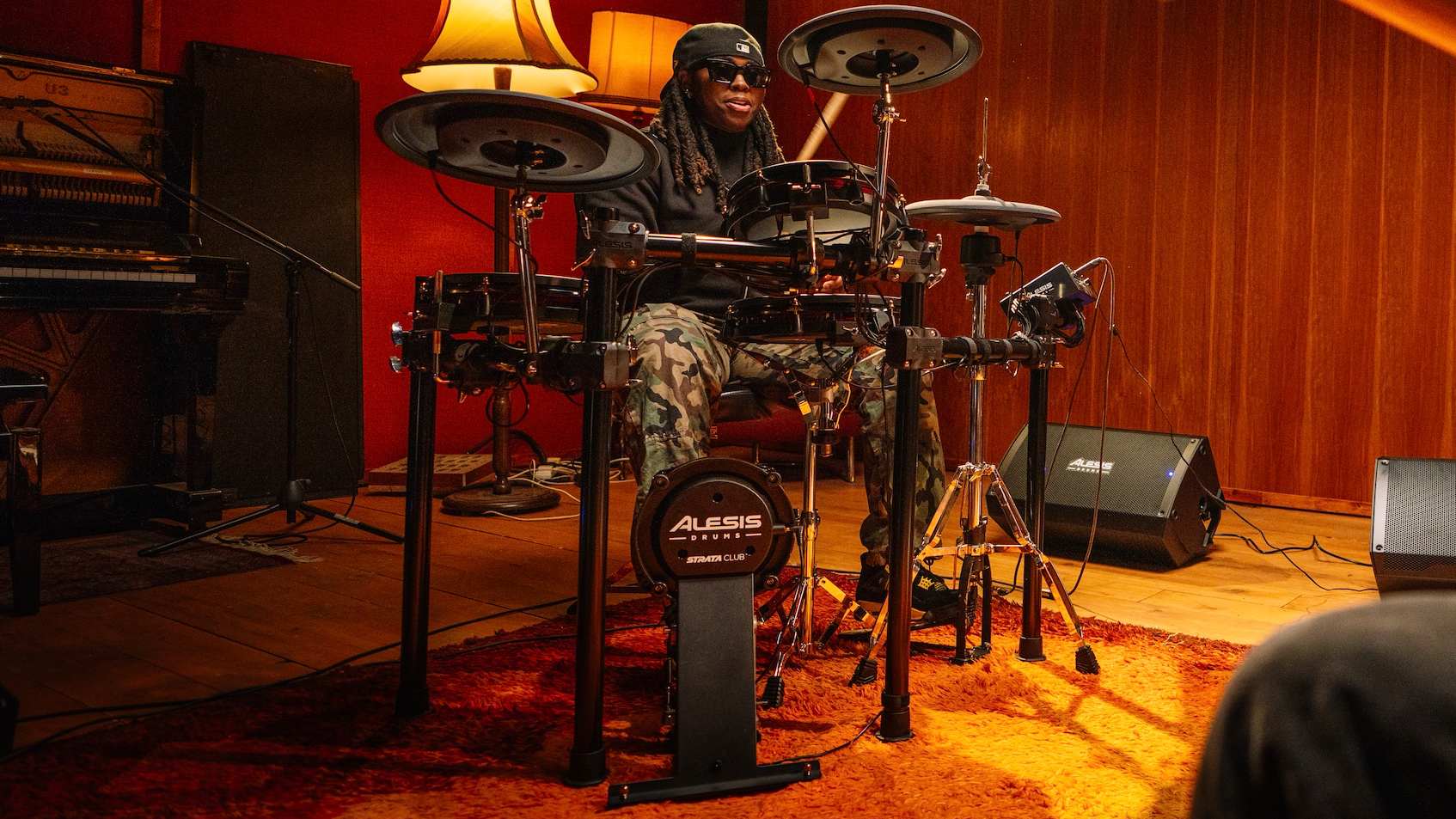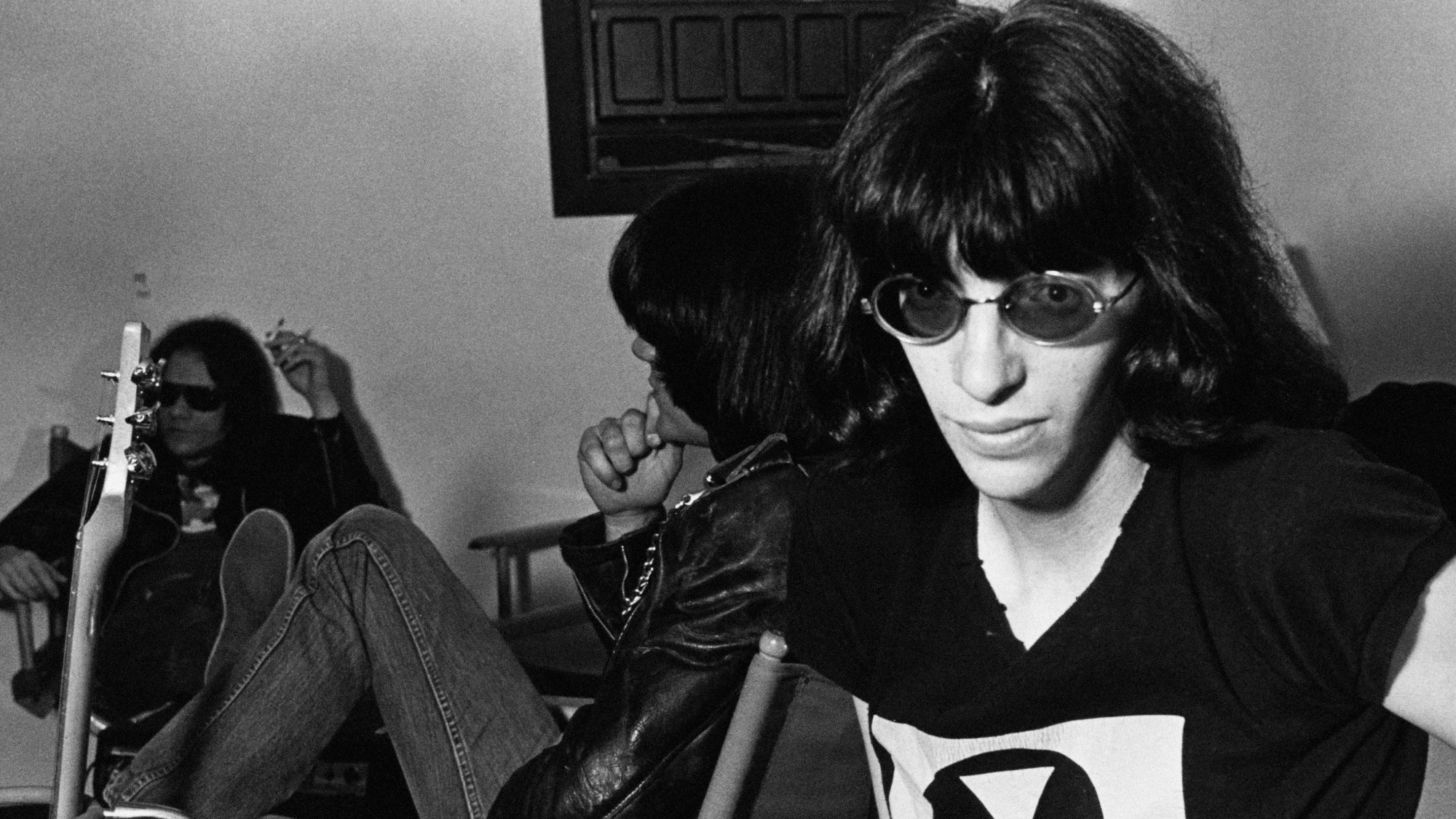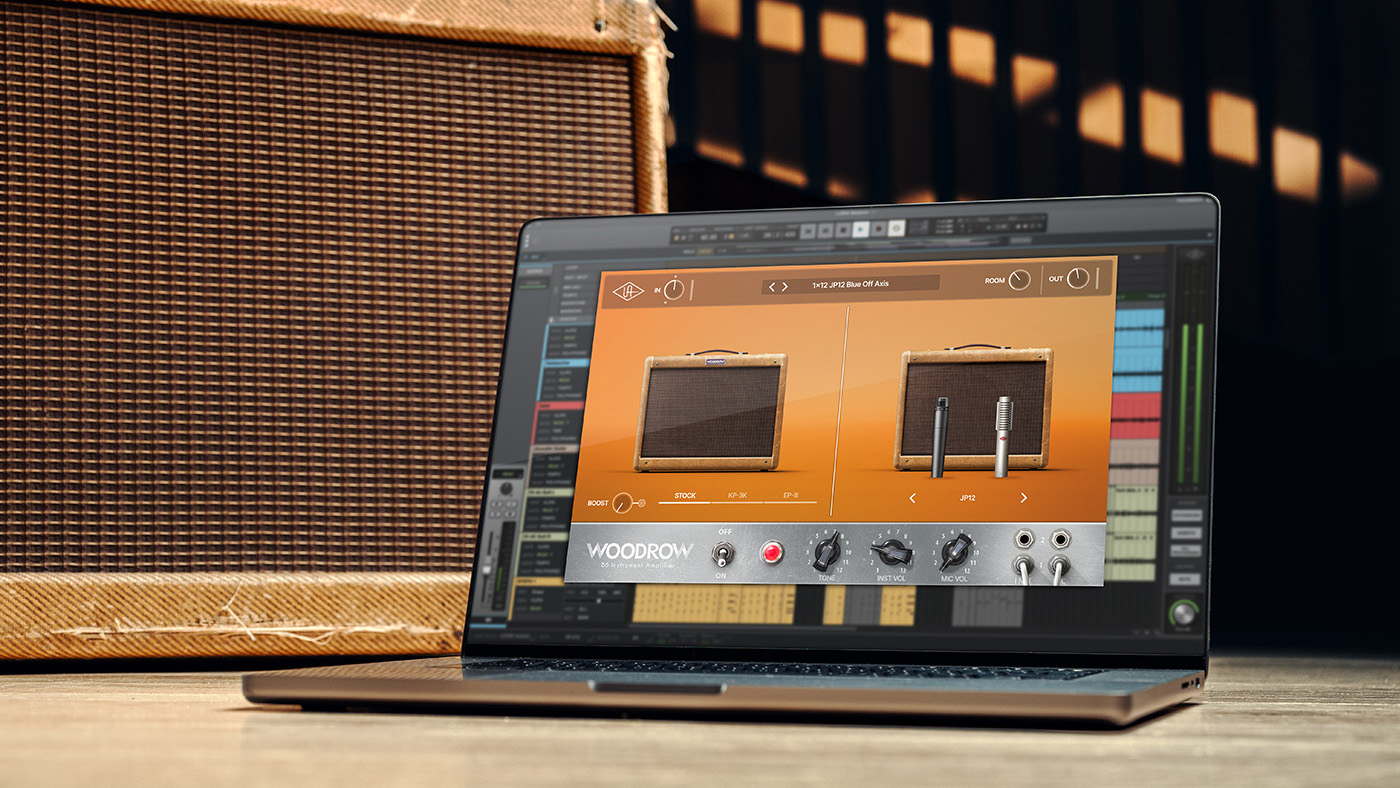“People coming up to me and saying, ‘Good album, good songs.’ That hadn't happened to me before”: David Bowie on his first classic album
“The whole album is so unusual,” says Bowie fan Boy George
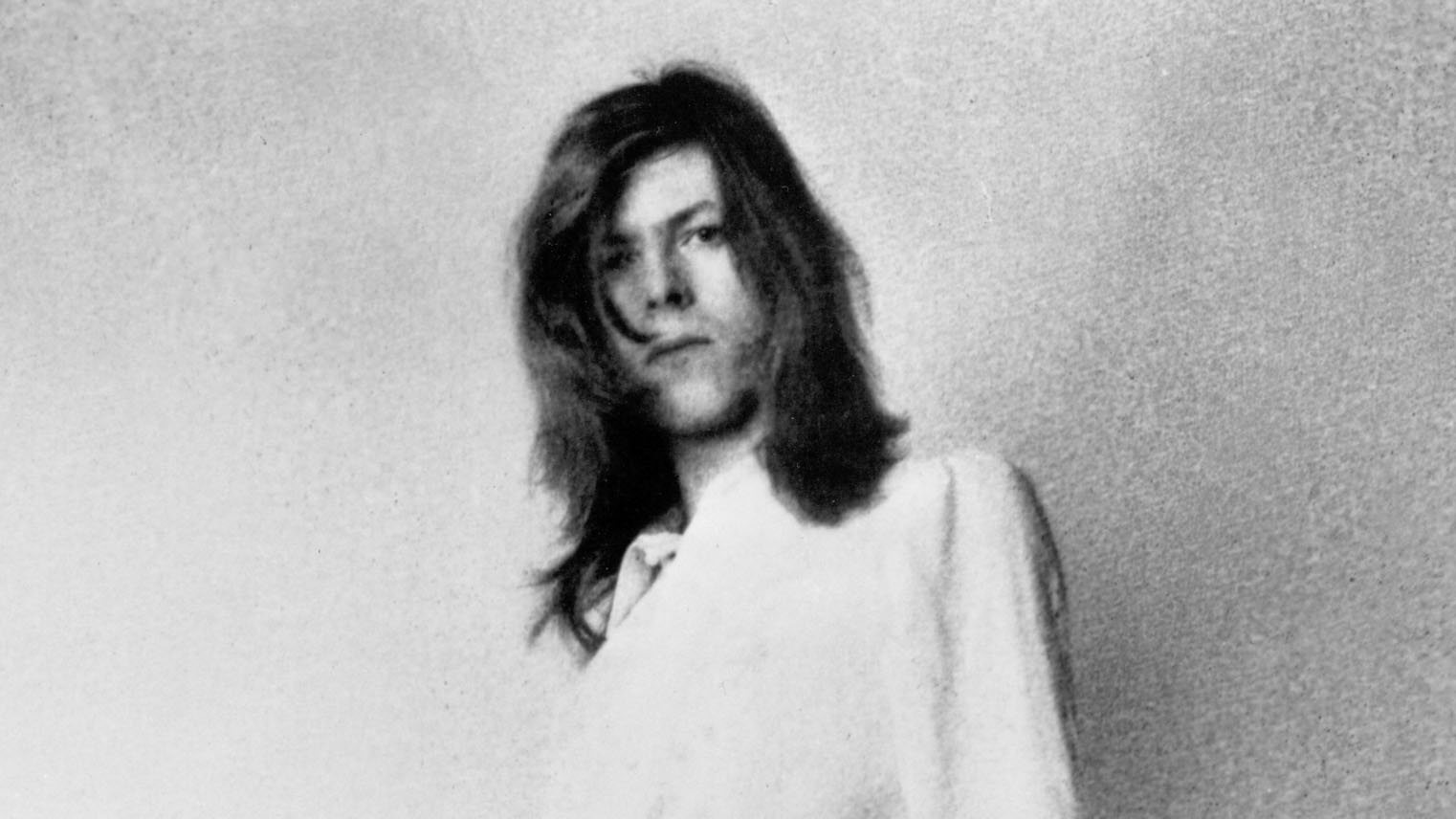
On 17 December, 1971, David Bowie’s first great album was released. Hunky Dory was also the first in a run of ten consecutive classics that made him arguably the greatest and most innovative artist of the ’70s.
Bowie had shown flashes of brilliance before Hunky Dory, most notably with the 1969 single Space Oddity - described at the time by US trade magazine Record World as “a blast-off set to music… haunting and eerie…”
There was also the title track to his 1970 album The Man Who Sold The World, with its enigmatic lyrics and nagging, grungy riff from guitarist Mick Ronson - a song later recorded by Lulu (a number 3 UK hit) and by Nirvana for their MTV Unplugged in New York album.
But it was Hunky Dory, his fourth album, that established Bowie as a major star and a unique talent. At the time of its release, The New York Times hailed Bowie as “the most intellectually brilliant man yet to choose the long-playing album as his medium of expression”.
In 1999, in an interview with Uncut magazine, Bowie stated, rather more modestly: “Hunky Dory gave me a fabulous groundswell. I guess it provided me, for the first time in my life, with an actual audience – I mean, people actually coming up to me and saying, 'Good album, good songs.' That hadn't happened to me before.”
Hunky Dory was recorded at Trident Studios in London from June to July 1971, and was co-produced by Bowie with Ken Scott. Alongside Mick Ronson and drummer Woody Woodmansey was a new recruit, bassist Trevor Bolder. This trio would subsequently be named The Spiders From Mars. And on piano, in a hugely important role, was Rick Wakeman, then a session player as well as a member of The Strawbs before he joined progressive rock stars Yes. Wakeman featured prominently in three of the cornerstone songs on Hunky Dory - the lead single Changes, Oh! You Pretty Things and Life On Mars?
In an interview with BBC Radio 2, Bowie would describe Life On Mars? as his answer to the Frank Sinatra standard My Way, combined with the influence of Belgian singer and composer Jacques Brel.
Get the MusicRadar Newsletter
Want all the hottest music and gear news, reviews, deals, features and more, direct to your inbox? Sign up here.
“Basically was my kind of modern take on My Way,” Bowie said. “There are clutches of melody in it that were definite parodies on My Way. I guess also the [Jacques] Brel thing went into it as well. This European take on melody against American music was something that I found just really kind of fascinating, and it became more and more evident through my career when you got to things like “Heroes” and whatever. A soaring European kind of quality over this fundamentally American black rhythm-and-blues thing. Those are the two areas that really I found always really rejuvenating to keep putting together – one of the continuums through my music.”
Speaking to The Daily Mail in 2008, Bowie recalled how Life On Mars? was written.
“This song was so easy,” he said. “Being young was easy. A really beautiful day in the park, sitting on the steps of the bandstand. Middle class ecstasy.
“I took a walk to Beckenham High Street to catch a bus to Lewisham to buy shoes and shirts, but couldn’t get the riff out of my head. Jumped off two stops into the ride and more or less loped back to the house up on Southend Road.
“Workspace was a big empty room with a chaise longue; a bargain-price art nouveau screen, a huge, overflowing, freestanding ashtray and a grand piano. Little else. I started working it out on the piano and had the whole lyric and melody finished by late afternoon. Nice. Rick Wakeman came over a couple of weeks later and embellished the piano part, and guitarist Mick Ronson created one of his first and best string parts for this song.”
Wakeman later commented: “This is the best piece of music I had ever had the honour of being part of. If I had only ever been allowed to play on one piece of music my whole career, this would be it. No question.”
Mick Rock, the famous photographer and Bowie collaborator, said he had enquired about the words to Life On Mars? “I did ask him [Bowie] once what the lyrics meant and he said, ‘Don’t ask me, Mick, I haven’t got a clue. They just came to me.’ They’re pretty inscrutable and surreal. Structurally, it doesn’t conform to any other song I’ve ever heard. It’s right up there in the history of rock’n’roll.”
However, Bowie did provide some insight into the lyrics to Oh! You Pretty Things. He stated in a record company press release: “The reaction of me to my wife being pregnant was archetypal daddy – ‘Oh, he’s gonna be another Elvis!’ This song is all that, plus a dash of sci-fi.”
And he also revealed the subject of the most rocking song on Hunky Dory. While on stage at Aylesbury Friars Club on 25 September 1971, Bowie said when introducing the song Queen Bitch: “This one is about a friend of mine in America called Lou Reed, who’s the singer with a band out there in New York called Velvet Underground. Lou is very funny – outrageously funny. And this is a song for Lou.”
In 1973, after Bowie had produced Reed’s classic album Transformer, Reed commented: “I met David when he came over on a promotional visit a couple of years ago. I hadn’t heard his records. He had longer hair then. Anyway, we all went out to dinner, and I got drunk, as usual. He played me Hunky Dory and I thought, ‘Aha, how about that.’ I knew there was somebody else moving in the same areas I was. I especially loved Queen Bitch. David’s always been so upfront about these things.”
Queen Bitch was also a signpost for where Bowie was headed after Hunky Dory - Mick Ronson’s punchy guitar riff prefiguring the glam rock sound of the following album The Rise And Fall Of Ziggy Stardust And The Spiders From Mars.
Speaking to Record Collector, Woody Woodmansey said of Queen Bitch: “We didn’t want to play it like The Velvet Underground because there wasn’t a musical finesse there that we considered we had! It was kind of a dirgey, degraded scene that the song painted but, if we all went that way, it would be very dirgey and that wasn’t our thing. So we had to give it a little bit of class and taste. There was always that – let’s not do it the common way.”
Hunky Dory had a profound influence on a generation of music, among them Culture Club singer Boy George: “The album as a whole is so unusual, so far removed from anything you heard on the radio,” he said. “It's so complete, it all fits together.”
Hunky Dory was also the point at which Bowie created a powerful mystique.
According to Charles Shaar Murray, a leading rock critic for the NME in the ’70s: “Queen Bitch was the first of the songs to really start playing games with gender. Bowie came out in the press not long after Hunky Dory was released, admitting he was bisexual, and that was one of the great scams.
“In real terms, Bowie’s bisexual escapades represented such a miniscule proportion of his actual sexual life. It was done as PR, it was persona-building. It was one of the great stunts of rock’n’roll myth-making.”
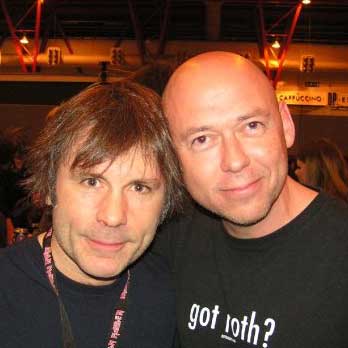
Paul Elliott has worked for leading music titles since 1985, including Sounds, Kerrang!, MOJO and Q. He is the author of several books including the first biography of Guns N’ Roses and the autobiography of bodyguard-to-the-stars Danny Francis. He has written liner notes for classic album reissues by artists such as Def Leppard, Thin Lizzy and Kiss. He lives in Bath - of which David Coverdale recently said: “How very Roman of you!”
“For some reason, the post office shipped your guitar to Jim Root of Slipknot”: Sweetwater mailed a metal fan's Jackson guitar to a metal legend
"No one phoned me. They never contacted me and I thought, 'Well, I'm not going to bother contacting them either'": Ex-Judas Priest drummer Les Binks has died aged 73






